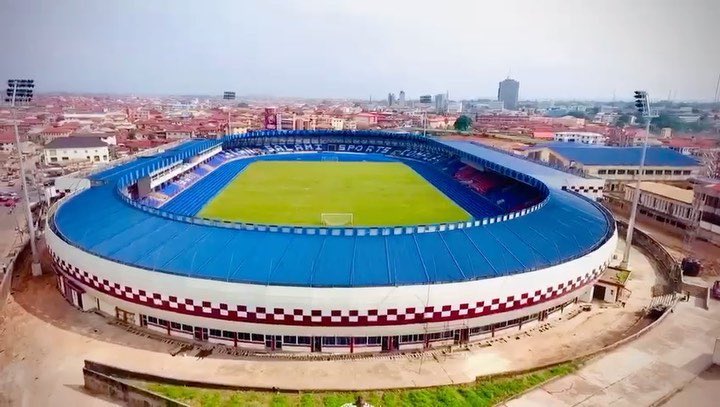Re-Modelled Adamasingba Stadium: Makinde’s Sports Development Masterstroke And SDGs 2030 Global Agenda by Kunle Yusuff (MON)
Sport is an important enabler of Sustainable Development. SDGs 17 Global Goals recognize the growing contribution of sports to the realization of development and peace in its promotion of tolerance, respect and the contributions it makes to the empowerment of women, of youths, individuals and communities as well as to health, education and social inclusion objectives.
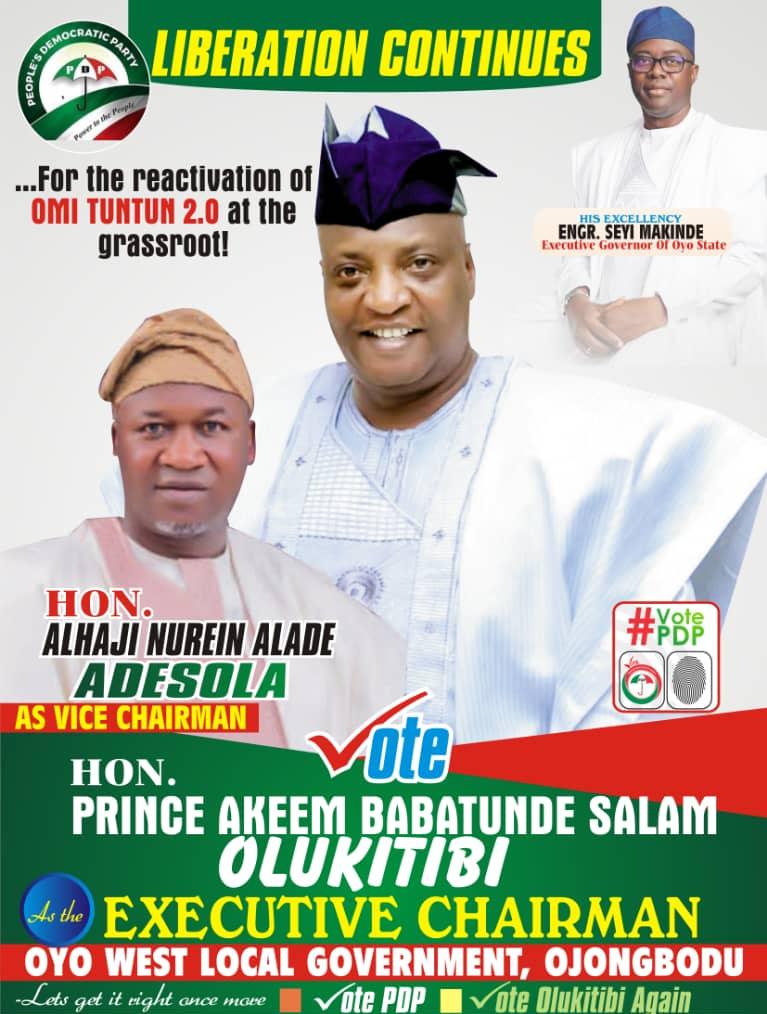
Harnessing this tremendous potential of sports, the United Nations Office on Sport for Development and Peace (UNOSDP) has long been bringing people together through sports and supporting sports for peace initiatives, from mega sport events to grass-roots activities.

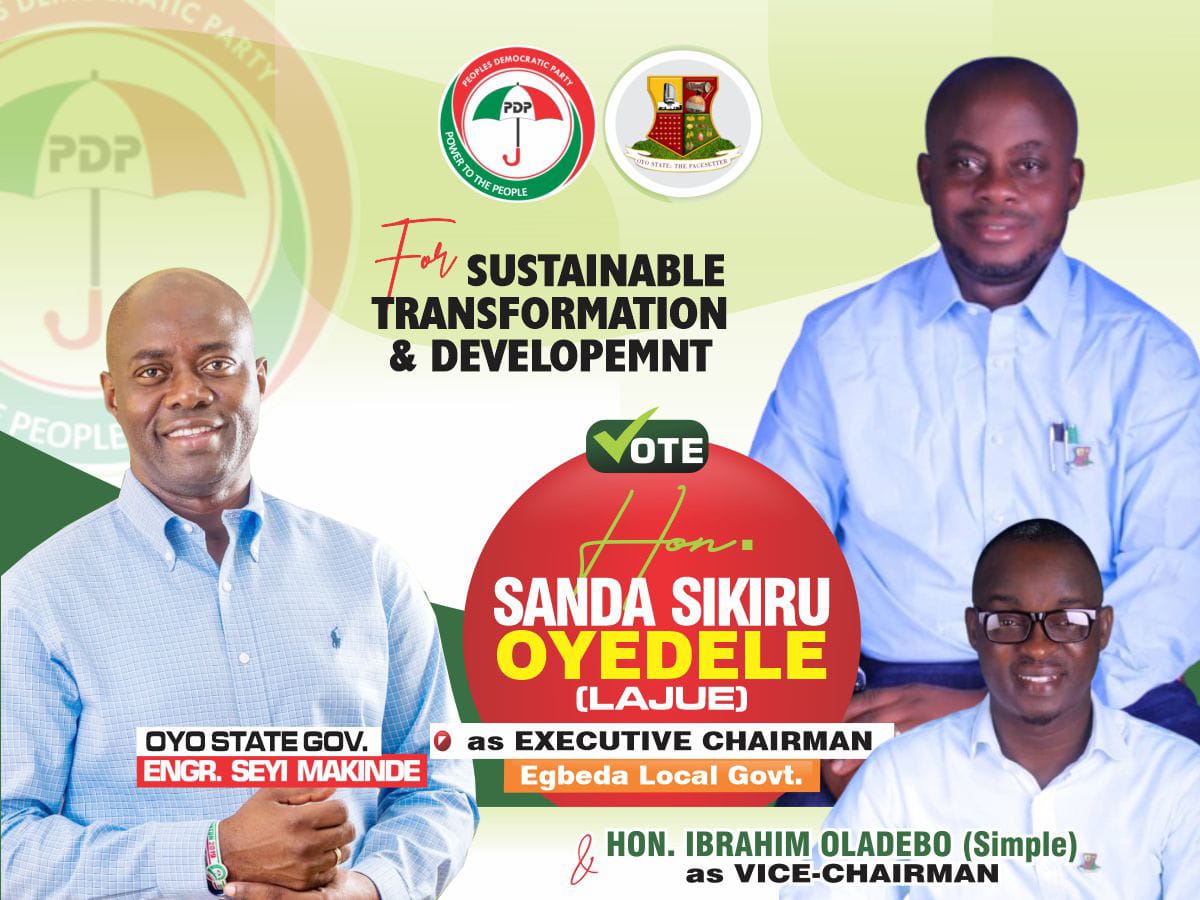
These initiatives help sports achieve its fullest potential in realizing the Goals.
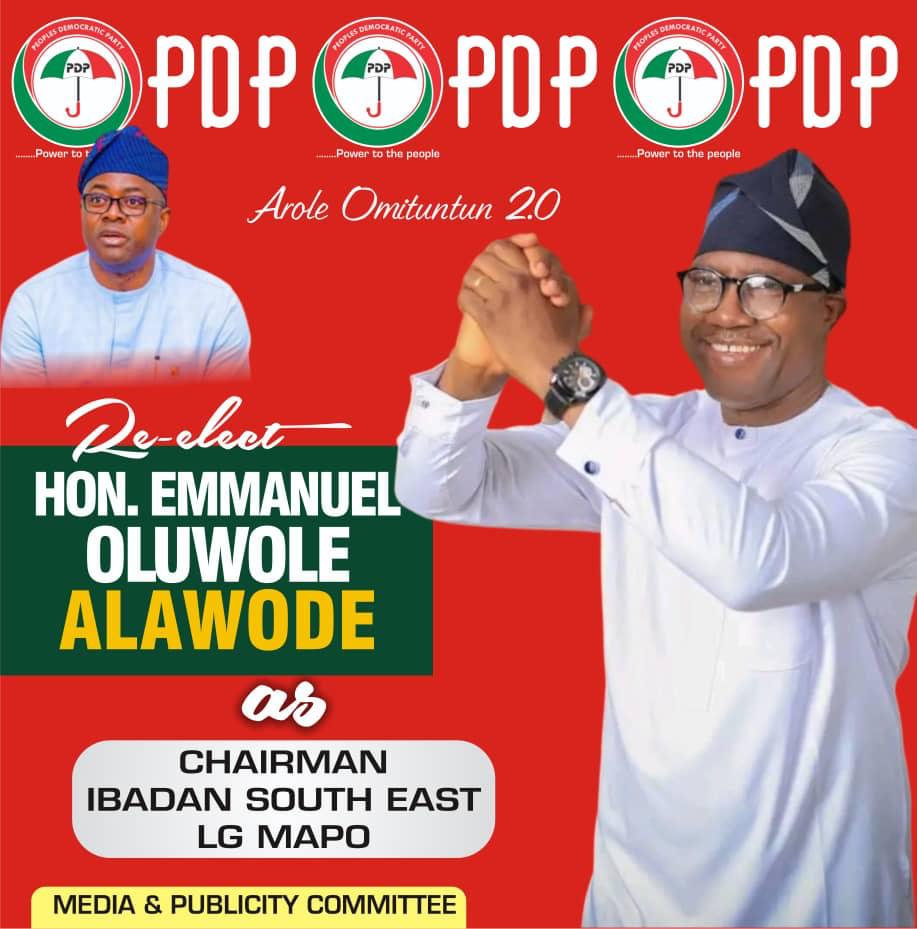
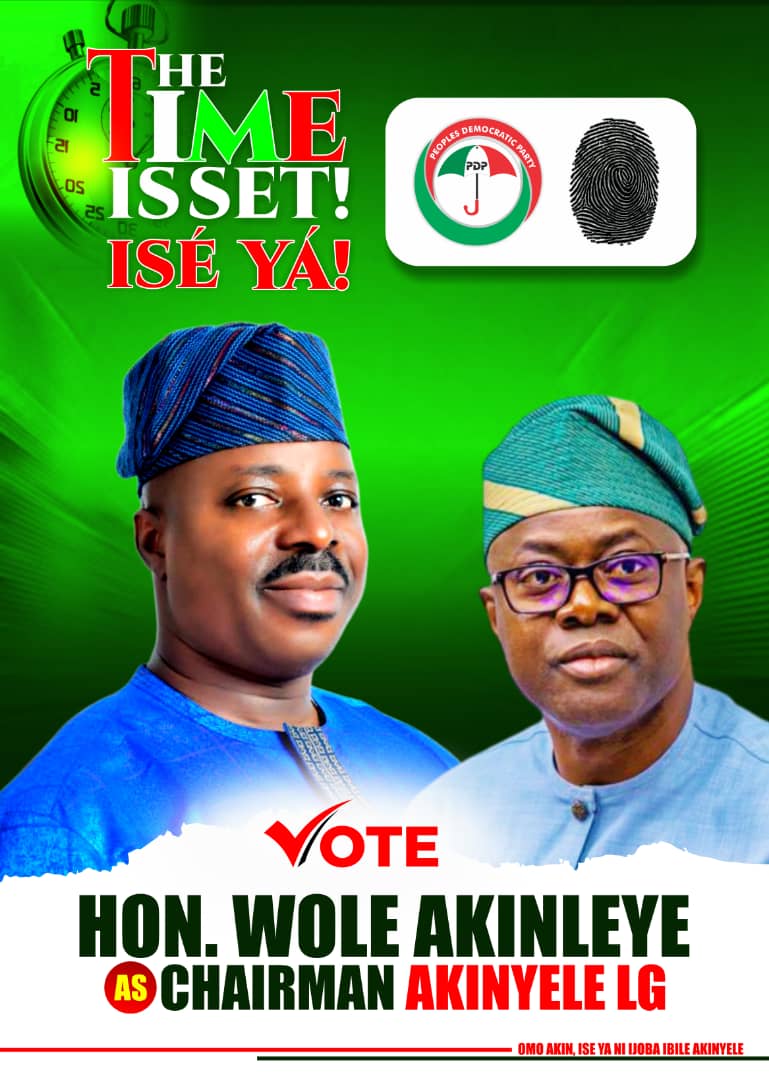
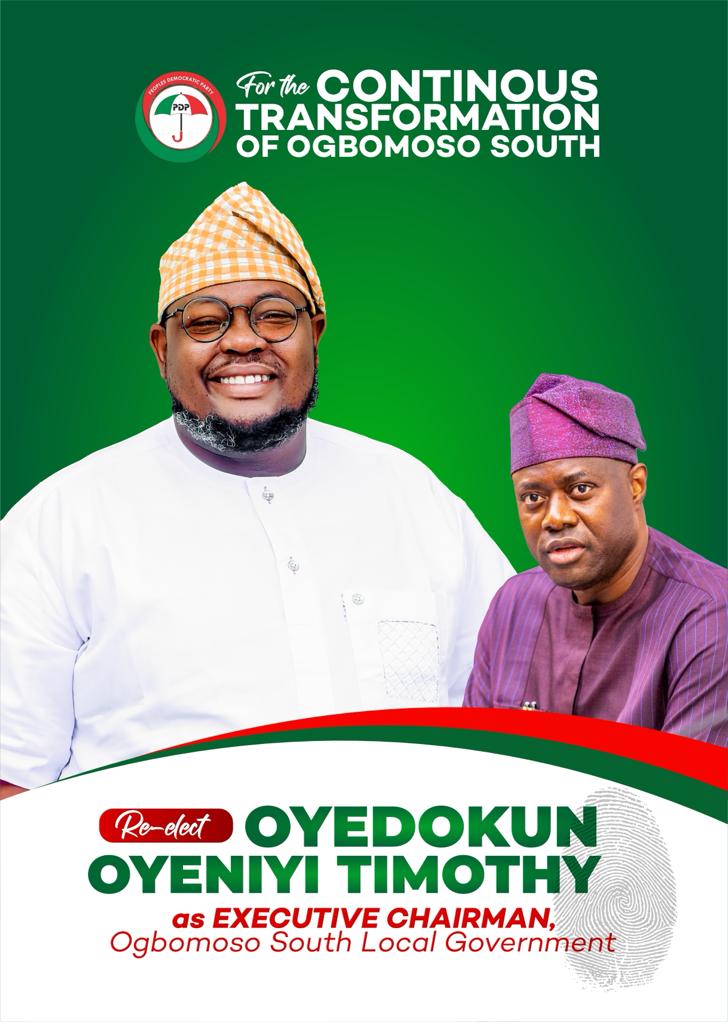
Regular participation in sports and physical activities provides various social and health benefits. Not only does it have a direct impact on physical fitness, but it also instils healthy lifestyle choices among children and young people, helping them remain active and combat non-communicable diseases.
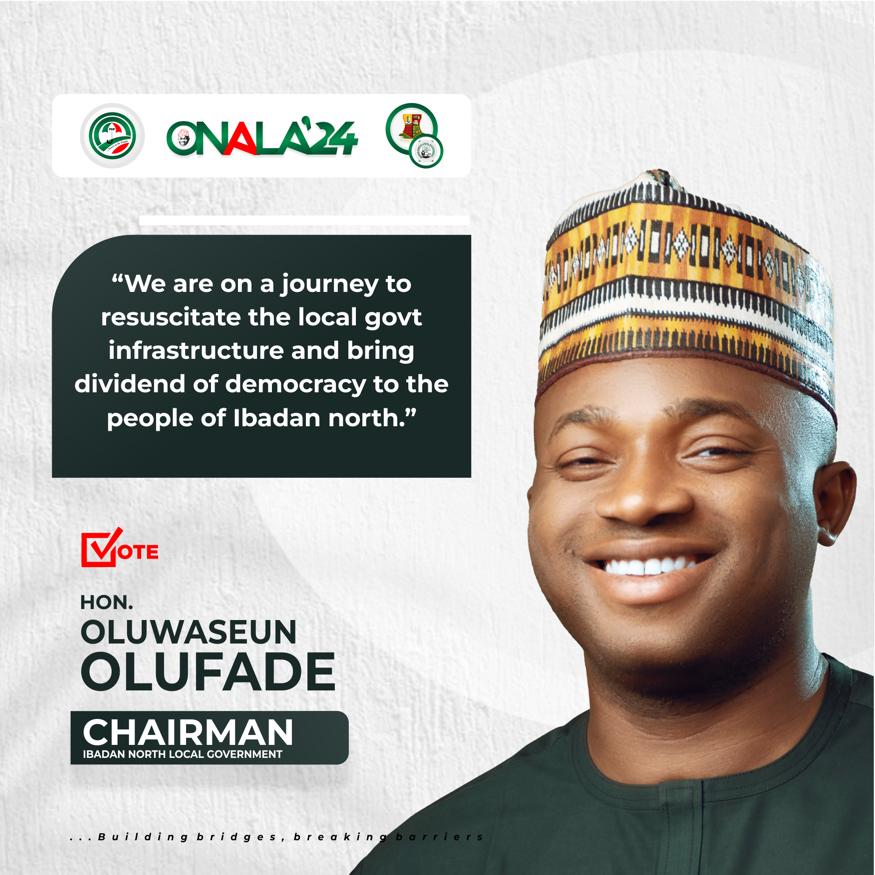
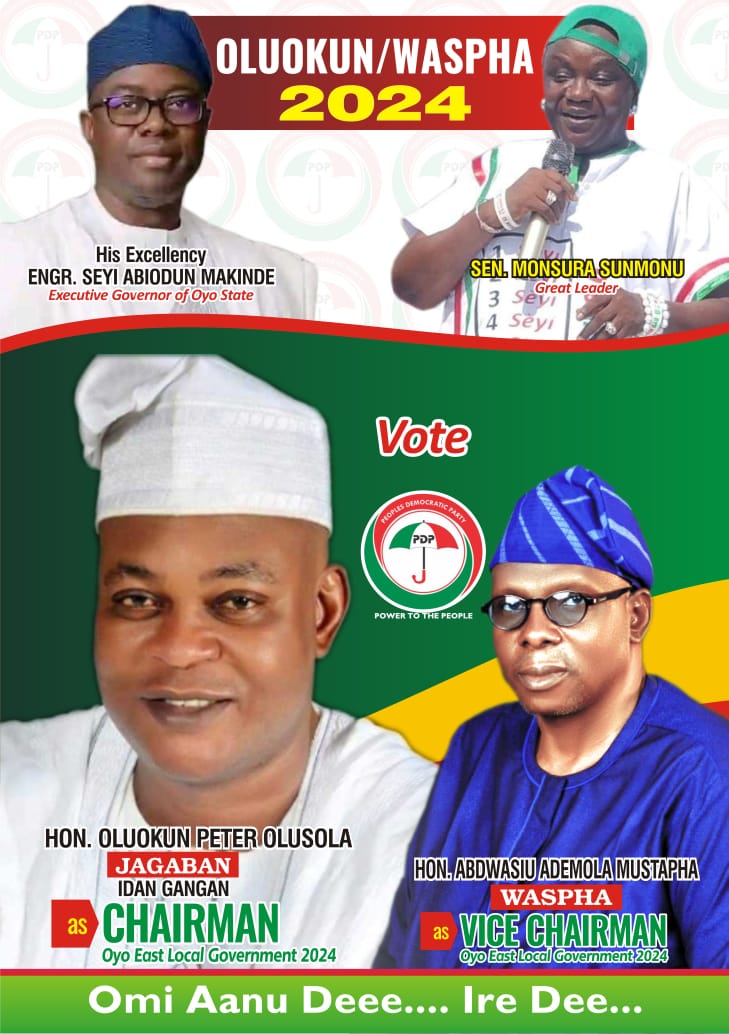
A number of studies conducted by the World Health Organization have also highlighted that physical exercise can stimulate positive mental health and cognitive development. Exercise has been linked to improvements in self-esteem and self-confidence, as well as positive effects for people struggling with depression and anxiety.
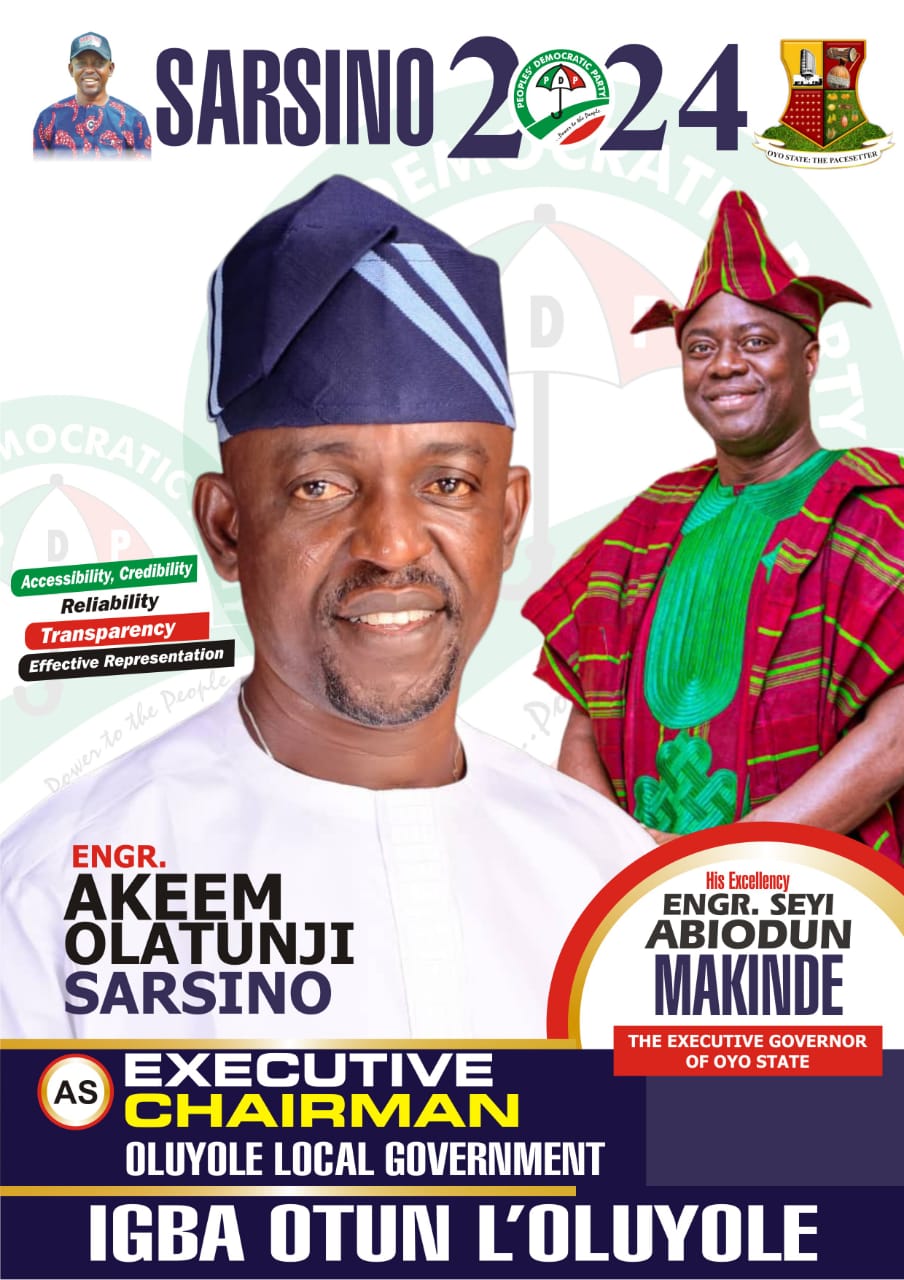
Sport contributes to well-being regardless of age, gender or ethnicity. The young people benefit tremendously from physical activity. Combined with a school curriculum, physical activities and sport are necessary for a comprehensive education (Goal 4: Ensure inclusive and quality education for all and promote lifelong learning).
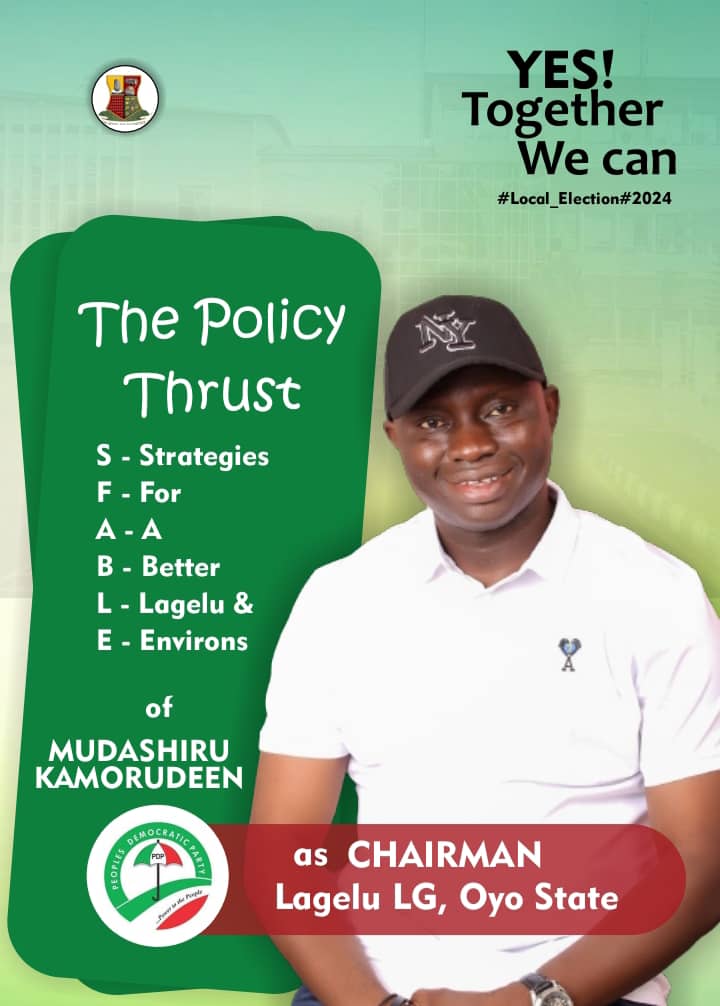
Sport provides lifelong learning and alternative education for children who cannot attend school. By taking part in sport and physical activities alongside school, students are exposed to sports’ key values, including teamwork, fair play, respect of the rules and others, cooperation, discipline and tolerance. These skills are essential for future participation in group activities and professional life, and can stimulate social cohesion within communities and societies.
Given the personal and social development benefits sport offers, increasing access and participation is a primary development goal.
Furthermore, sports in its most basic form encourages balanced participation and has the capacity to promote gender equality (Goal 5: Achieve gender equality and empower all women and girls). Through sport and physical activity, women and girls can be empowered and benefit from the positive impact that sport has on health and psychosocial conditions.
Female participation in sport also challenges stereotypes and social roles commonly associated with women. Sport can help women and girls demonstrate their talents and achievements to society by emphasizing their skills and abilities. This, in turn, improves self-esteem and self-confidence in women participants. Sport also offers opportunities for social interaction and friendship, which can raise awareness of gender roles among male counterparts and convey social and psychological benefits to both individuals and groups.
Additionally, sport can be used as a meaningful tool for the prevention of conflict and the promotion of long-lasting peace, since sport and its universality has the ability to transcend cultures (Goal 16: Promote just, peaceful and inclusive societies).
In its contribution towards peace, sport often provides safe environments at the grassroots and community levels, at which participants are brought together in the pursuit of common goals and interests; learn values of respect, tolerance and fair play; and develop social competencies. As a common denominator and shared passion, sport can build bridges between communities regardless of their cultural differences or political divisions. In times of conflict or instability, sporting activities can provide participants with a sense of normalcy.
Like UN- SDGs 17 Global Agenda, Governor Seyi Makinde will be using the remodelled Lekan Salami Stadium to generate IGR, expose Oyo State to International Sport Standards, most especially using the Sport Development to score another SDGs 2030 Global Agenda, aligning with Goals, 3, 4, 16 and 17.
I will not be surprised at all if UN- UN- SDGs appoints Oyo State Governor as SDGs Ambassador in Nigeria. Every Development accorded by this administration has always been in conformity with SDGs Global practices, especially on Education- Goal 4, Health- Goal 3, Gender Equality- Goal 5, Decent Work and Economic Growth- Goal 8, Agribusiness and Agriculture- Goal 2, Peace, Justice and Building Strong Institutions- Goal 16 and Partnership- Goal 17, using Oyo State Investment Agency.
Hon Kunle Yusuff MON is the Senior Special Assistant to Governor Seyi Makinde on Sustainable Development Goals (SDGs).

